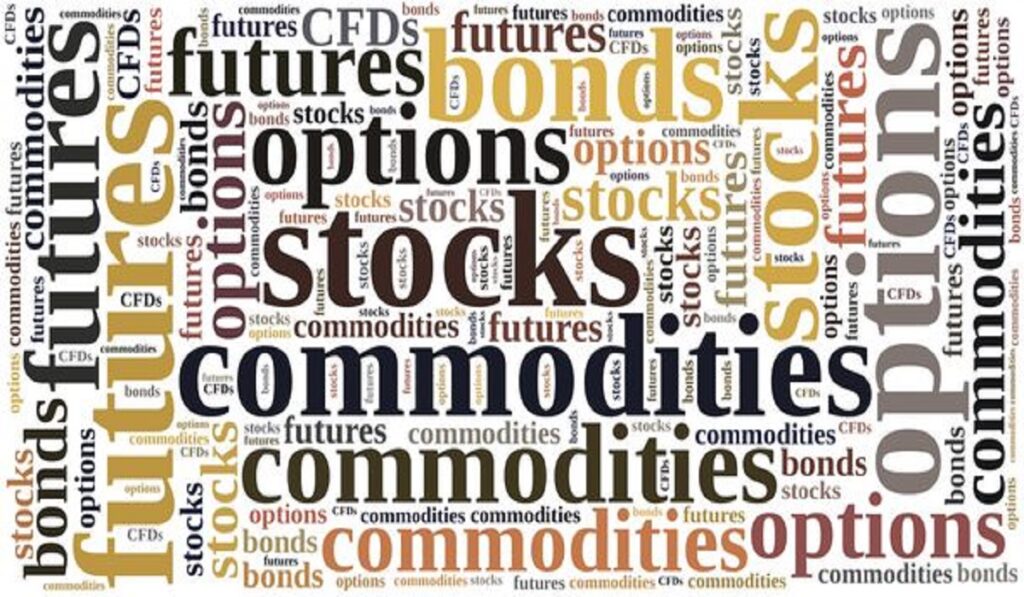Investing in Gold: Potential Advantages

Gold has long been considered an investment worth its weight in gold; indeed it is sometimes known as the “king” of precious metals. Gold’s appeal extends far beyond its inherent beauty; it serves as a sign of wealth and power as well. Furthermore, this article examines various facets of investing in gold along with associated risks and returns in an investment context.
- Gold as an Asset Protection Mechanism
Since time immemorial, gold has played an indispensable role as an accumulation of wealth for generations of humans around the globe. Today it serves as a buffer against currency devaluation or economic volatility as an asset protection solution.
- Gold as an Inflation Hedge: Gold has long been recognized as an effective means of fighting inflation; its value typically increases as fiat currencies lose purchasing power and increase in price over time.
- Diversification One of gold’s primary advantages lies in its low correlation to traditional assets like stocks and bonds; therefore it makes an excellent addition to portfolios designed to mitigate risk while increasing stability.
- Gold Can Be an Asset Protection Spot In Times of Economic or Geopolitical Uncertainty: Gold serves as an attractive option in times of economic or geopolitical unpredictability, rising when other investments decline and providing investors with financial protection against risk.
- Portfolio Stability: Gold is an invaluable way of adding stability to a portfolio, unlike equities or fixed income securities that fluctuate more dramatically in price.
- Gold’s Potential for Long-term Capital Appreciation : Gold is an investment with long-term capital appreciation potential, due to factors including supply and demand as well as geopolitical events and investor sentiment. It could become more valuable over time.
- Liquidity : Gold can be purchased and sold quickly across different forms, from ETFs and physical gold coins, all the way to financial products like exchange-traded funds (ETFs).

What Are The Risks Associated With Gold Investment?
- Gold Price Volatility Gold prices can fluctuate significantly and, while often seen as an investment with minimal market risk, are subject to short-term significant fluctuations.
- Gold Doesn’t Generate Income Contrary to stocks which pay dividends or bonds which pay interest, gold does not generate an income stream – rather returns are determined solely by price appreciation.
- Storage costs: Storing large quantities of gold may incur storage fees; to protect against theft and ensure its safe keeping, security measures may need to be put in place.
- Market Sentiment : Gold prices can be affected by investor sentiment and speculation trading activity – leading to sudden price swings that cause rapid price changes.
- Regulatory Risks: Investors holding gold-related financial instruments could face regulatory risks related to changes in tax laws or government policies that impact gold ownership.
- Currency Risks Since gold is priced in United States dollars, currency fluctuations could potentially diminish its worth.
Conclusion mes Gold’s appeal as an investment is deeply embedded within human culture and history, drawing inspiration from both art and commerce alike. Due to its ability to store value, hedge against inflation and diversify a portfolio, gold can make an excellent long-term wealth protector choice. But investors must remain cognizant of gold investment risks such as volatility in price fluctuations or storage fees when making this choice.
Investment decisions must take into account an individual’s investment horizon, financial goals and risk tolerance. Gold’s appeal lies in both providing financial security while simultaneously offering timeless luxury – it makes an excellent multifaceted and valuable investment choice for those who appreciate both traditions and modern finance.






